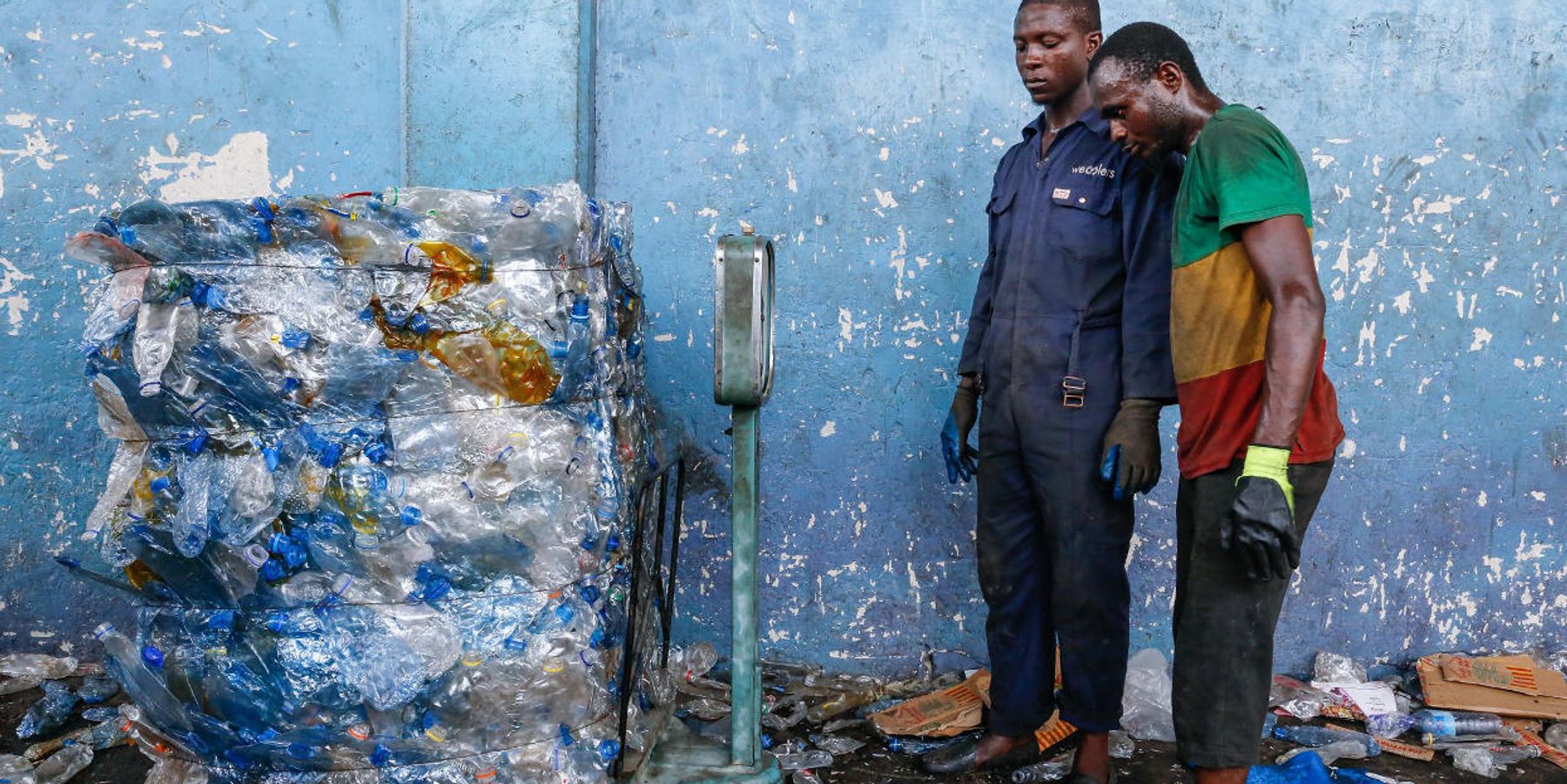
Peter Dykstra: Eco-Overload
We're discovering new environmental menaces faster than we're solving the old ones.
When the environmental movement came of age in the late 1960's, the issues and conflicts were clear: Solving endangered species meant protecting the adorably large and/or cuddly things – pandas, blue whales, or tigers. Stopping pollution meant shutting down the pipe or smokestack directly dumping into our air or water.
The battles against the most egregious despoilers are won. Today's challenges tend to be more like the struggle over the tiny, faceless, slightly malodorous creatures known as krill.
The crustaceans are the base of the Southern Ocean food chain, but today they face a double onslaught of human appetite and warming seas. And they suffer from being far less romantic or appealing than pandas, whales or big cats.
China launched an aggressive rescue effort for its iconic pandas, most whale species are in some form of bounceback, and there's even some hope for tigers.
But efforts to secure the future of krill and the Southern Oceans? Not so much.
Likewise, the clear-cut environmental morality plays of a half-century ago are much more diffuse today. Rivers are no longer catching fire and burning – at least not in the U.S. Today's problems are more nuanced, more divisive.
Rivers have less petroleum in them, but more Prozac.
But we've also discovered massive new problems. As recently as 10 years ago, few of us had any idea we had the chemical ability to utterly change the acid/base nature of the vast seas; as recently as five years ago, we would have laughed to hear a claim that we're choking those oceans on plastic.
Plastic, you say? Even a perceived solution now looks to be a problem. Tens of millions of Americans make plastic recycling an everyday part of their lives. As Sharon Lerner recently reported in The Intercept, plastic recycling has been a colossal exercise in self-delusion: As plastic packaging and bottling use skyrockets, we successfully recycle less and less.
The bulk is either landfilled, incinerated (creating new airborne hazards), or shipped halfway across the world to wretched recycling communities. In 2017, China banned plastic imports from the U.S., shifting much of the traffic to Malaysia, Vietnam, and other Southeast Asian nations. They're now looking to follow China's lead.
Political changes have prompted a sharp rise in denuding Brazil's Amazon. On-the-ground impacts of climate change may soon force dramatic political changes in South Asia and elsewhere.
The list goes on, but my goal here is not to depress us all. Concerted efforts involving the right mix of science, policy, and advocacy have won some great advances.
Countless forests and lakes across eastern North America were virtually written off due to acid rain. But forced improvements to coal burning power plant emissions caused a reduction in sulfur dioxide, the main cause of acid rain.
The U.S. Clean Water Act has a long way to go to deliver on its goal of "fishable, swimmable" waterways, (especially since its self-imposed deadline for this was 1983) but US rivers and streams have cleaned up immensely since 1970. The Montreal Protocol brought the world's nations together to outlaw CFC's, the primary chemical responsible for destruction of the ozone layer, which is now on a path toward healing.
The bottom line is the challenges are massive. They're made more absurd when the U.N. issues a hard deadline of 12 years to solve climate change. Since they did so a year ago, make that 11 years. But what it will take is a global resolve similar to the ones that put humans on the moon, or that defeated Hitler.
Your move, humans.












